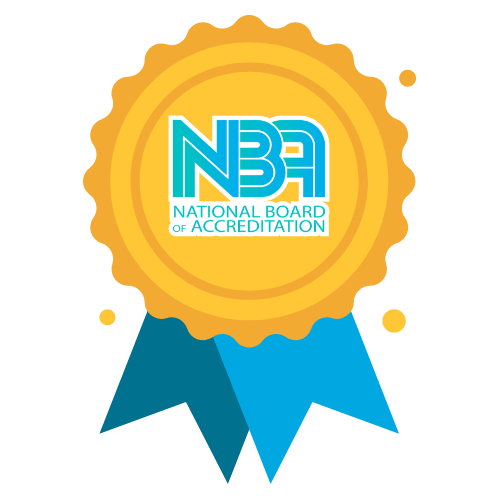Dr Manoj Sharma is working as HOD & Professor–Ap........
Dr Manoj Sharma is working as HOD & Professor–Applied Science in SAGAR INSTITUTE OF RESEARCH & TECHNOLOGY, Bhopal, since 2005. He received his Master's Degree (M.Sc.) in Mathematics from Barkatullah University, Bhopal, in 1992 and Doctor of Philosophy (Ph.D.) in Mathematics from Barkatullah University, Bhopal in 2010 under the topic “Application of fuzzy logic in the development of Decision Support System from Car Failure Diagnosis using Artificial Intelligence-based technique”. He has been teaching undergraduate and postgraduate mathematics courses for more than 25 years. He has been associated with various Universities as Research Supervisor.





